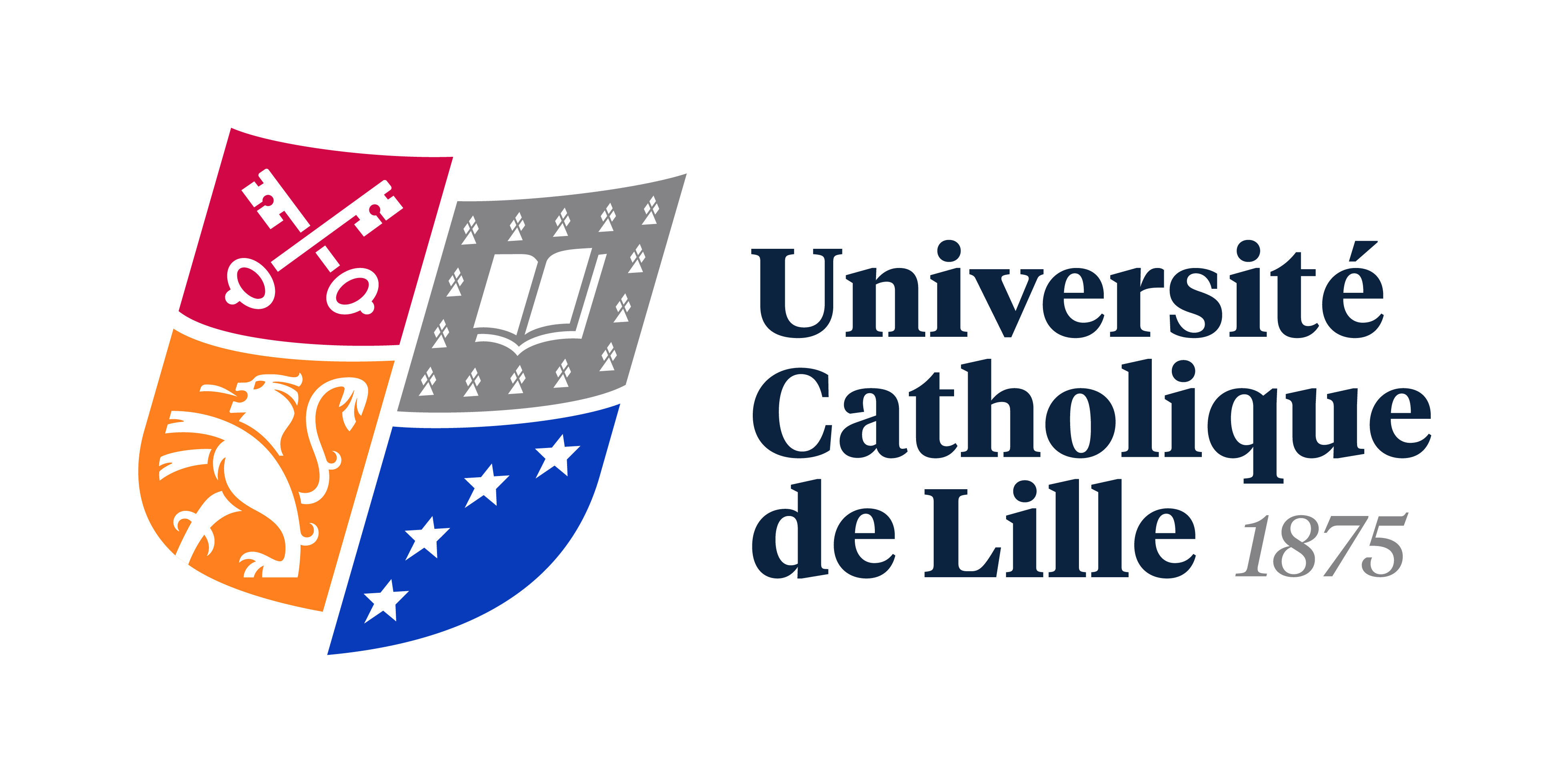OUR PROJECTS
Learning environements
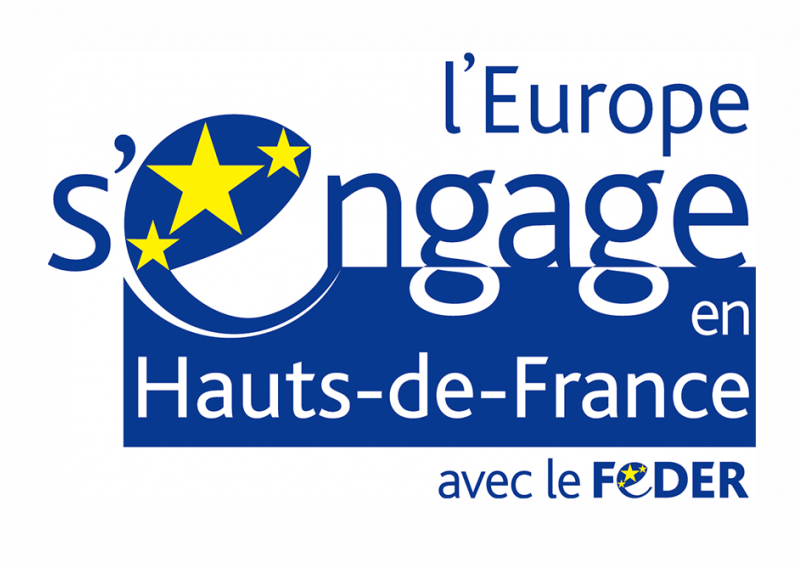
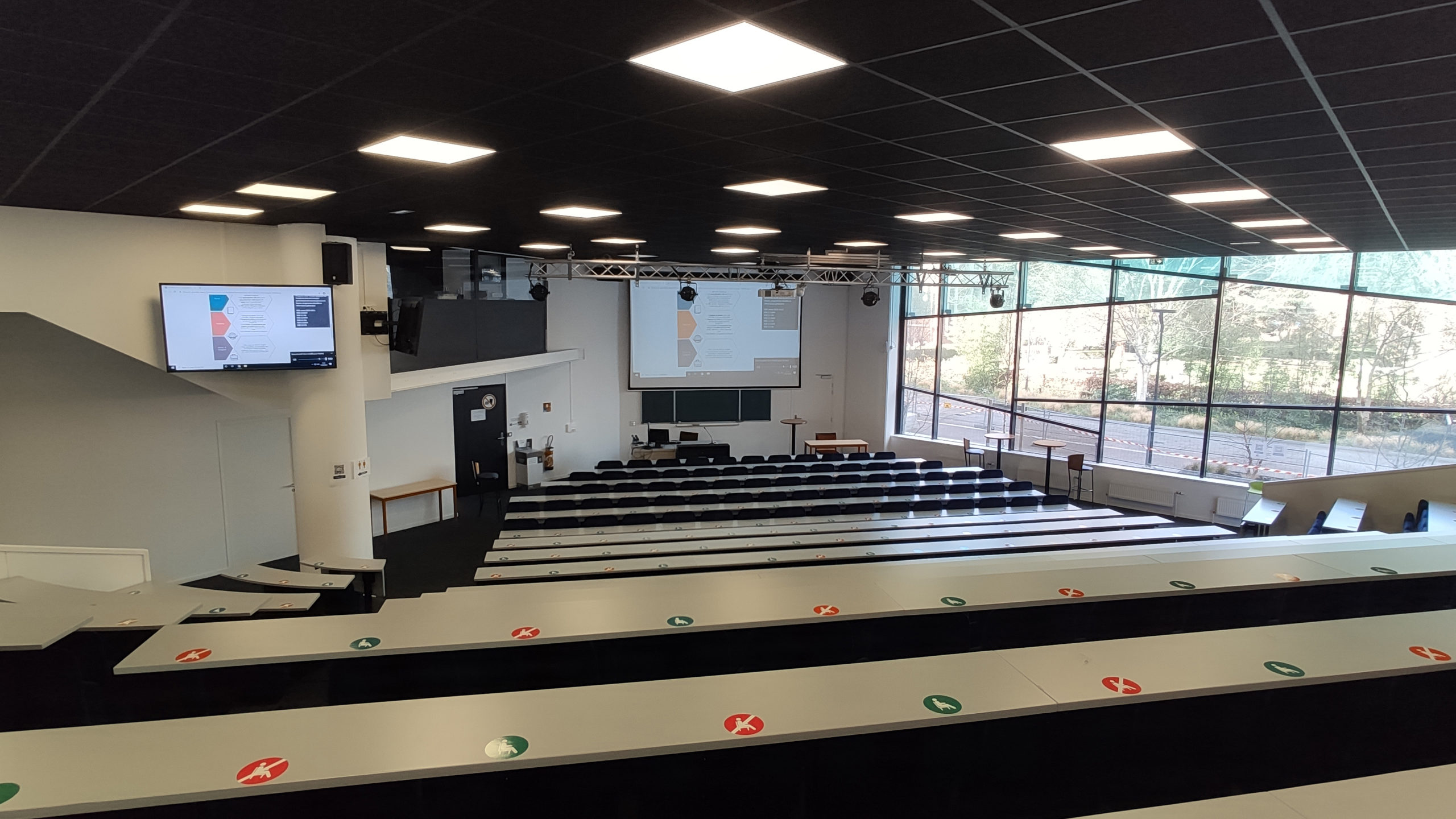
Amphitheatres and classrooms
Equipped with video-projectors. Traditional approaches should not stifle innovation. The key to success is having a wide range of possible instructional scenarios.
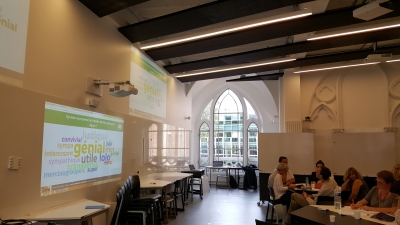
Learning and Meeting lab
Designed to allow students to move around and work in groups. Modular furniture and digital tools give teachers an opportunity to innovate.
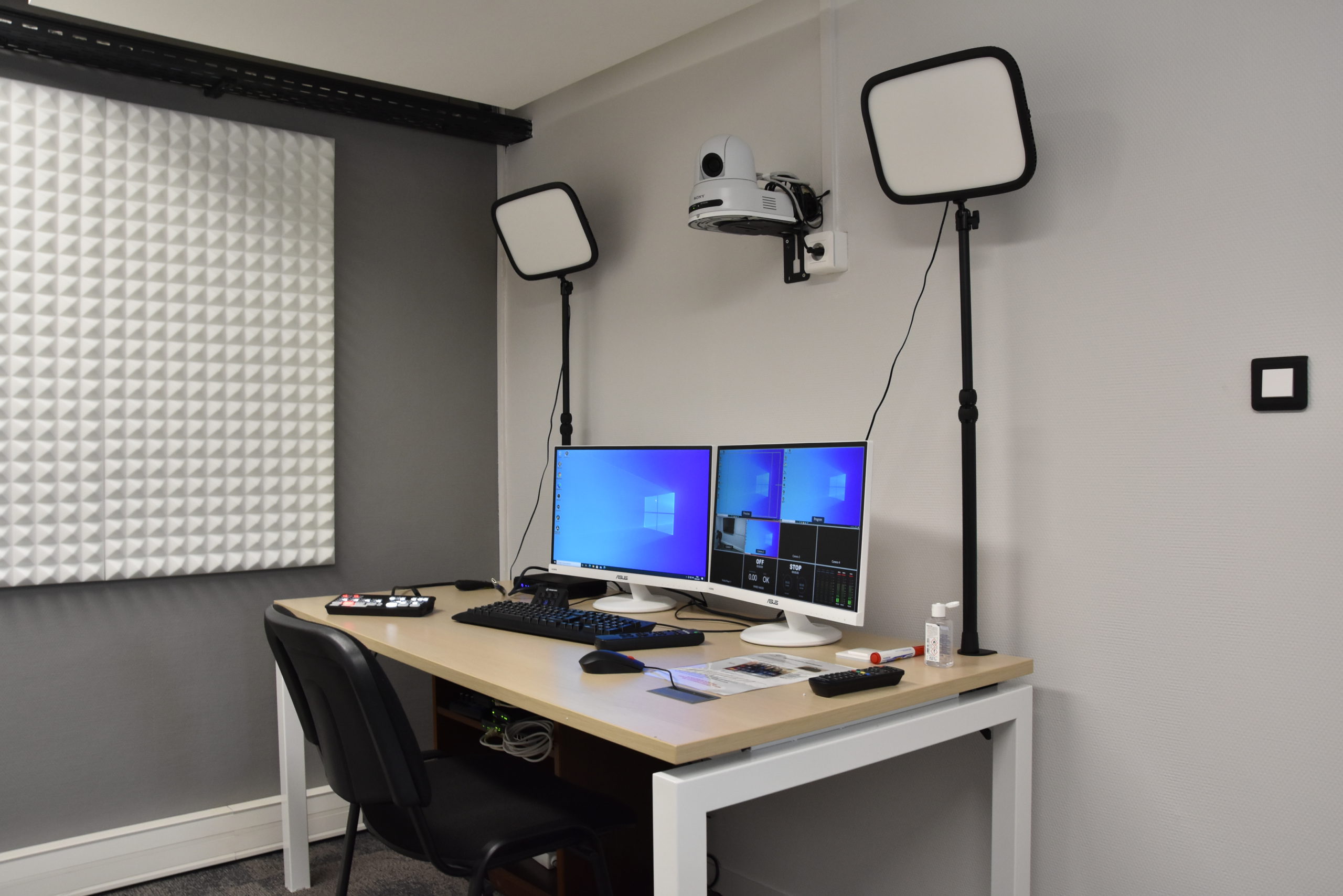
Recording studios
Designed to record videos using professional equipment, with the option of plugging in several video sources.
EVENT ENVIRONEMENT

Chapel
Renovated between 2013 and 2021, the chapel has been designed to provide a place of worship and culture in the heart of the University.
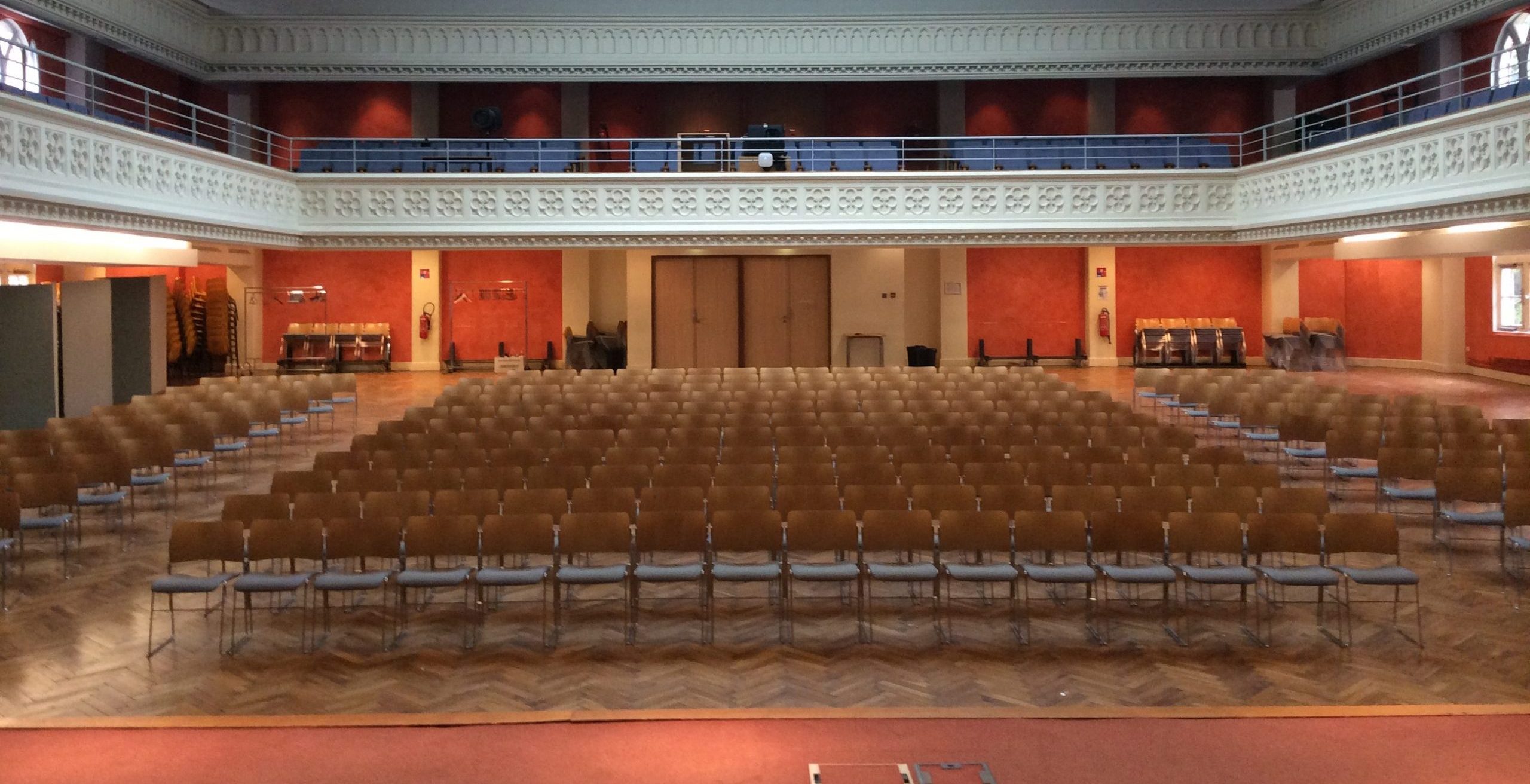
Aula Maxima
Famous hall in the Lille Catholic University, ideal for staging major events and fully equipped with video-projection equipment.
pix
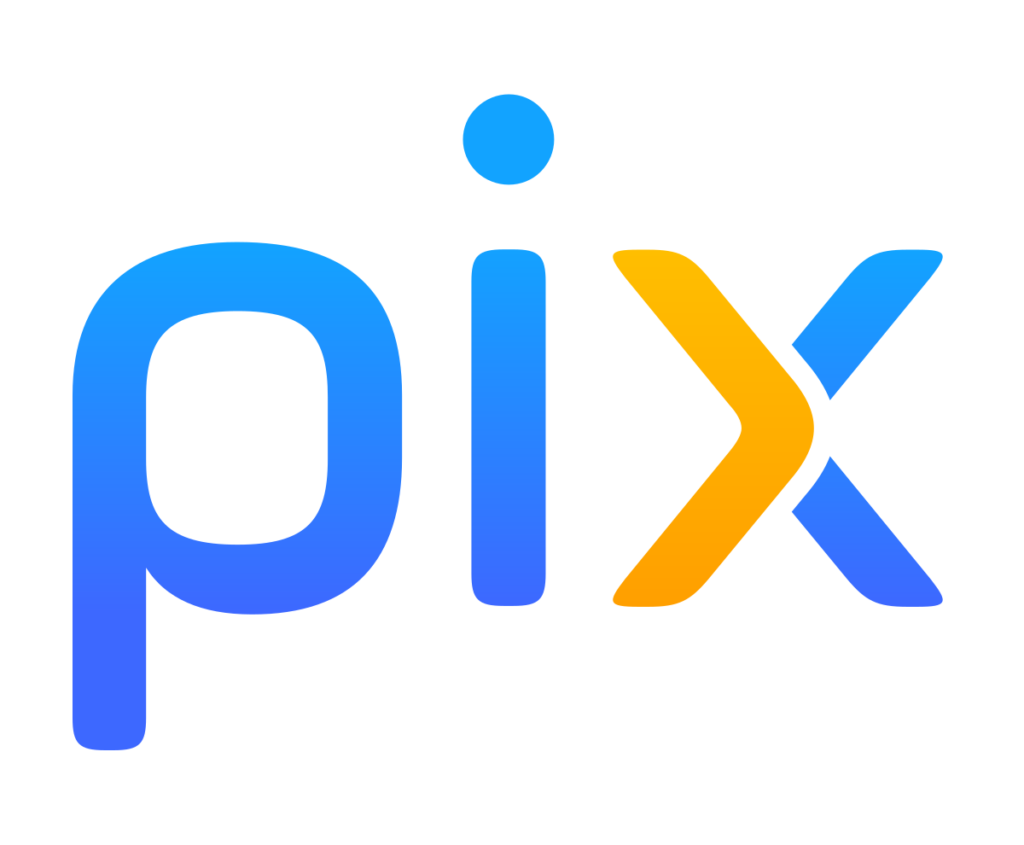
PIX is used to assess, develop and certify digital skills in 5 key areas: information and data, communications and collaboration, content creation, data security and protection, digital environment. The PIX assessment scores an individual’s digital skills, in the same way as for language accreditations.
capte
This project, developed jointly with HEMISF4IRE, has a 3-fold focus:
- Structure and organise a community of practice in order to support persons based on teaching staff, University Departments of Education, Departments of Information and Communication Technology for Education, Departments of Joint Documentation Services and University Adult Education.
- Pool training schemes, making it possible to expand and enhance actions carried out previously and reach new teachers.
- Increase feedback from teachers already involved in this process, in order to broadcast these actions to the various internal and external publics, and to incorporate them into teacher training schemes.
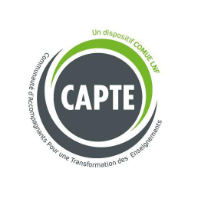
prélude
The Lille Catholic Institute is partnering the Polytechnic University of Hauts-de-France in developing the project PRéLUDE (Parcours de Réussite en Licence Universitaire à Développement Expérimental).
This project, funded by the Agence Nationale de la Recherche (French National Research Agency) as part of the Nouveaux Cursus à l’Université Call for Projects of the 2nd wave of PIA 3 (Investments for the Future programme), is an innovative educational model that allows students to co-develop their training cursus and graduate with a diploma that is equivalent to a Bachelor’s degree (French licence). The project is based on research by Jacques Tardif who suggested that “a skill is a complex savoir-agir (knowing how to act) based on the effective mobilisation and combination of a range of internal and external resources within a given family of situations”. This experimental model fosters student success based on a modular approach to training and skills building and development – effectively switching the focus from programmes to skills. The student plays an active role in designing their cursus, followed by the Training Hub and based on a progressive approach to student guidance.

Sami
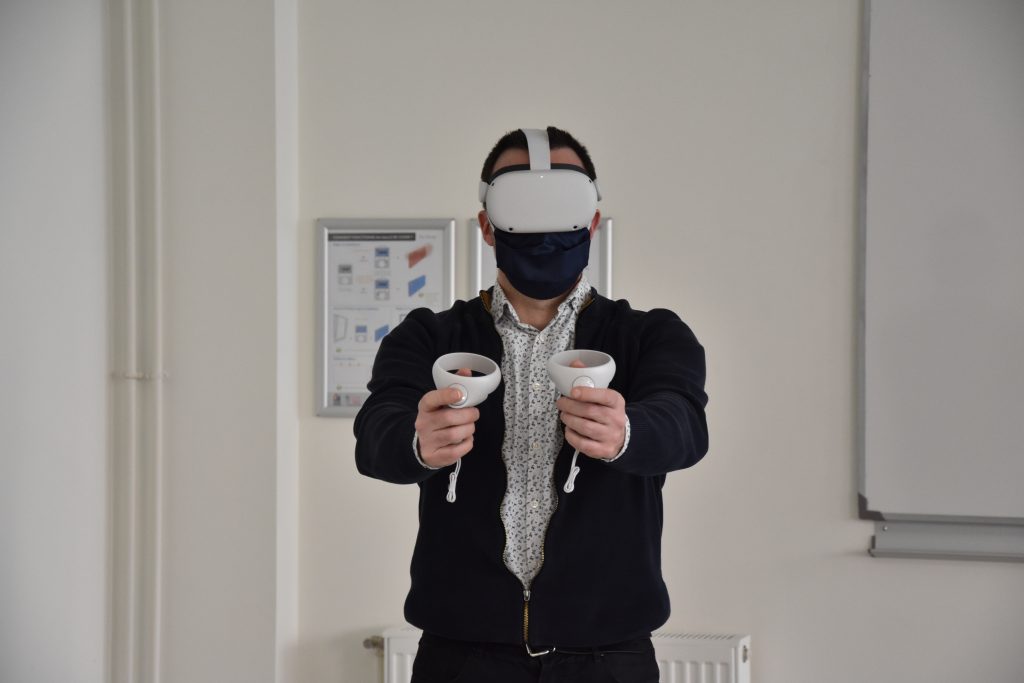
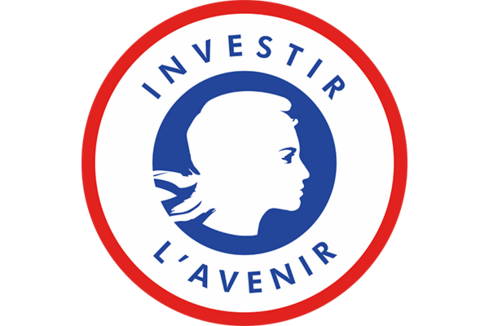
SAMI (Système d’Activités Médiatisées et Immersives) is a project being developed jointly with the Polytechnic University of Hauts-de-France and INSA Hauts-de-France.
The SAMI project has 3 specific focus areas:
- Create and publish course content (digital resources, Mooc), ensuring its digital availability
- Design a system of interactive environments used to create and support blended learning activities in the field of teaching and learning: teacher-teacher, teacher-student and student-student spheres
- Create a collaborative environment that publishes virtual and immersive course content that can be used to enhance national programmes in the form of practical work sessions
CORPUS
The Lille University, the Polytechnic University of Hauts-de-France and the Lille Catholic University wish to facilitate access to MMOP healthcare studies for a diversified student population (PASS/L.AS), with a further focus on customising and ensuring the success of their health education. CorPUS is based on 4 key principles:
- A community that promotes active collaboration between its various actors
- A commitment reflected in the building and development of skills
- A success that promotes the customisation, integration and sharing of good practices
- Improvement of the mentoring system through the sharing of good practices and networking of mentoring schemes
